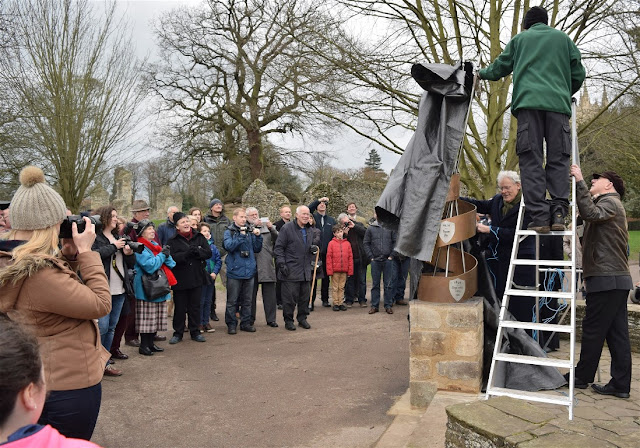 |
| An excommunication (BL, Royal MS 6 E VI f. 216v) |
Research over the last few years has shown that there is still so much more to learn about Magna
Carta: both new discoveries and new interpretations. The latest issue of
Historical Research includes two articles that illuminate the context and afterlife
of the Charter.
Christopher Tilley’s ‘Magna
Carta and the honour of Wallingford’ provides new insights into local
society in the early thirteenth century, and the context that informed the Charter:
'Magna Carta mentions the honour of Wallingford twice. Exploring the context of this shows how a tenurial relationship predating John's accession to the throne led to minor ‘gentry’ landholders experiencing the king's manipulation of marriages, wardships and escheats directly, and resulted in many serving in John's military expeditions. All this was in addition to the increasingly onerous demands of royal government also felt by many of their neighbours in the localities. This combination of networks, tenurial and local, helps explain the politicization of minor landholders such as William fitz Ellis of Waterperry, who was present at Runnymede in 1215, and the nature of political society in the early thirteenth century.'
You can read the full article here (login required).
Felicity Hill’s ‘Magna Carta, canon law and pastoral care:
excommunication and the church's publication of the charter’ advances a
new argument to explain why the Church was so committed to publicising the
Charter in the later thirteenth century:
'This article argues that the church's strenuous efforts to publicize Magna Carta can only be fully understood when viewed in the context of canon law and pastoral care. The automatic sentence of excommunication that fell on anyone who infringed Magna Carta meant that every Christian in medieval England needed to know not just the general principles of the charter, but the contents of every clause. Clergymen had a duty to ensure that their parishioners did not unwittingly incur the sanction, thereby endangering their souls. Thus the threat of excommunication had a profound effect on the political awareness of English society, as a result of the church's obligation to look out for the spiritual welfare of its members.'
You can read the full article here (login required), and read Felicity's post for the Magna Carta Project blog - on the 1253 excommunication - here.



